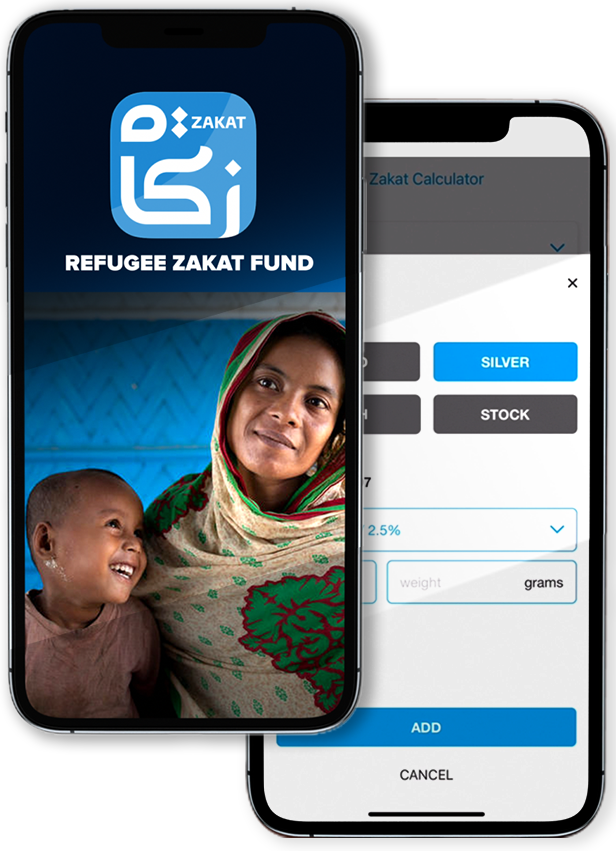Executive Summary
The Islamic Philanthropy Annual Report showcases the impact of Zakat and Sadaqah funds collected in 2023.

Overall Impact of Zakat and Sadaqah Donations
This report from UNHCR underscores the worldwide impact of Zakat and Sadaqah contributions, facilitated through its Refugee Zakat Fund in 2023, which enabled UNHCR to support almost 2 million people through Zakat and Sadaqah. In a context of a new tragic record number of 114 million people forcibly displaced in 2023, Islamic philanthropy emerges as a crucial component in responding to these displacement crises. With the global population of forcibly displaced there is a pressing demand for creative solutions to meet their urgent humanitarian and developmental requirements.
Islamic philanthropy has become a key element in the response to this displacement crises and provide an essential lifeline to millions of refugees, internally displaced persons (IDPs), and hosting populations around the world.
In 2023, partners and donors have generously contributed to the Refugee Zakat Fund, enabling UNHCR to support almost 2 million refugees and IDPs in 23 countries. Significant donations from partners such as Qatar Charity, Qatar Red Crescent, the Muslim World League and the Zakat House of Kuwait, as well as donations via the Refugee Zakat Fund mobile app and through UNHCR’s Ramadan and Dhul Hijjah campaigns, have all been instrumental to this success.
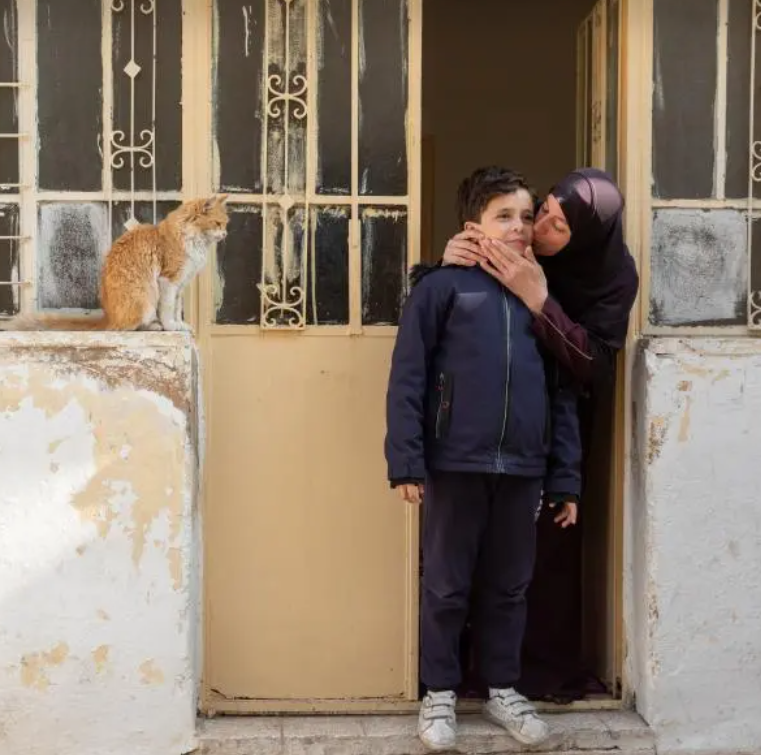
Impact of Zakat
The Refugee Zakat Fund received above USD 21 million in Zakat contributions during 2023, being distributed to eligible beneficiaries as per the 100% Zakat distribution policy, aligning with 17 endorsements received by UNHCR. Zakat funds have been assisting over 1.1 million eligible refugees and IDPs across 20 countries, including Afghanistan, Bangladesh, Egypt, Ethiopia, India, Indonesia, Jordan, Libya, Lebanon, Mauritania, Syria, Türkiye and Yemen.
Since the piloting of the Refugee Zakat Fund in 2017, Zakat contributions have assisted more than 5.3 million refugees and IDPs in 25 countries.

Impact of Sadaqah
Sadaqah contributions, similarly, exceeded USD 25 million which aided more than 826 thousand beneficiaries in 16 countries, including Afghanistan, Bangladesh, Greece, Ethiopia, India, Jordan, Kenya, Lebanon, Pakistan, and Uganda.
Since the piloting of the Refugee Zakat Fund in 2017, Sadaqah contributions have assisted more than 2.7 million refugees and IDPs in 23 countries.

Events
In an effort to increase awareness about the role of Islamic philanthropy in the response to humanitarian crises around the world, in particular the displacement crisis, UNHCR organized two events in December, one was a panel discussion in collaboration with GreenPeace at Cop28 in Dubai, and the second one a parallel high-level event on “the role of Islamic philanthropy in the humanitarian response to displacement crises” at the Global Refugee Forum in Geneva.
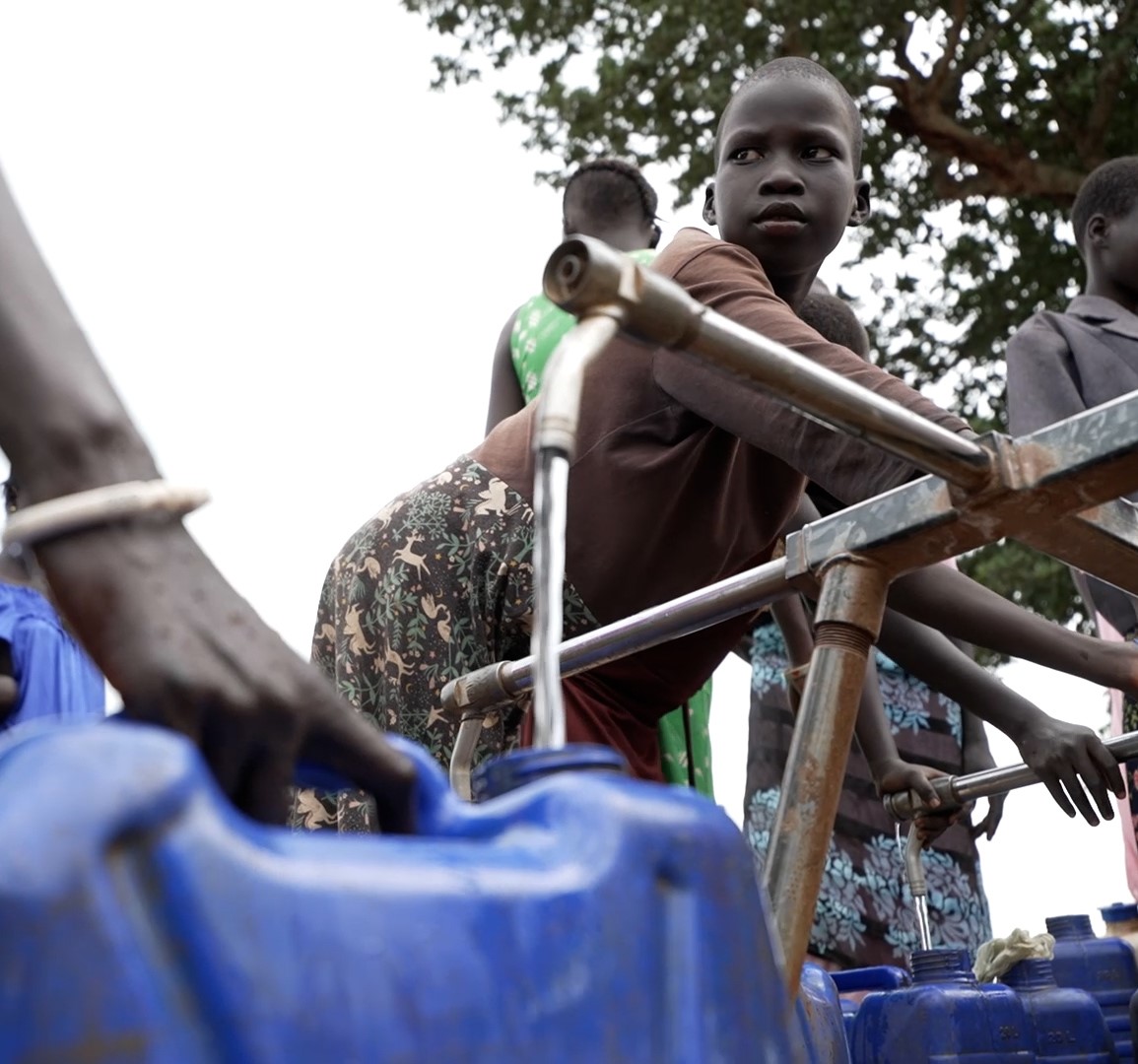
Campaigns
As in the case every year, UNHCR launched its global Ramadan campaign in 2023, calling for solidarity and generosity in the face of rising humanitarian needs. Thanks to the generous contributions and donations of thousands of individuals, corporations and foundations, the campaign helped raised much needed funds to support 120,182 refugee and internally displaced families from Syria, Afghanistan, Yemen and the Rohingya, among others.
UNHCR’s “Sadaqah Jariyah” initiative, which began in 2019, has already had a profound impact, improving the lives of more beneficiaries. With the Sadaqah Jariyah efforts this year, we extended its impact to Ethiopia and Chad, a country grappling with a harsh drought spanning more than five years. Key components of this ongoing campaign include the rehabilitation of boreholes. These critical initiatives seek to provide vital access to clean water for communities, agriculture, and livestock, offering much-needed relief to those affected. The funds collected contributed to support 116,859 beneficiaries access clean water in Ethiopia and 5,000 in Chad.
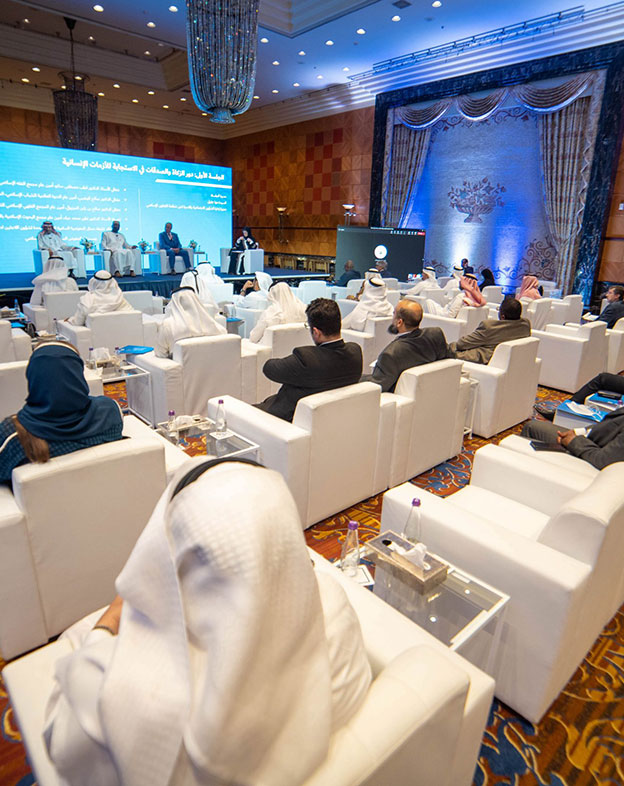
Compliance
In June 2023, the North American Imams Fellow (NAIF) issued a fatwa recognizing UNHCR as suitable for collecting and distributing Zakat funds from North American Muslims and to refugees globally. This endorsement is granted based on the condition that the Refugee Zakat Fund continues to uphold its primary governance principles, including UNHCR’s 100% Zakat distribution policy.
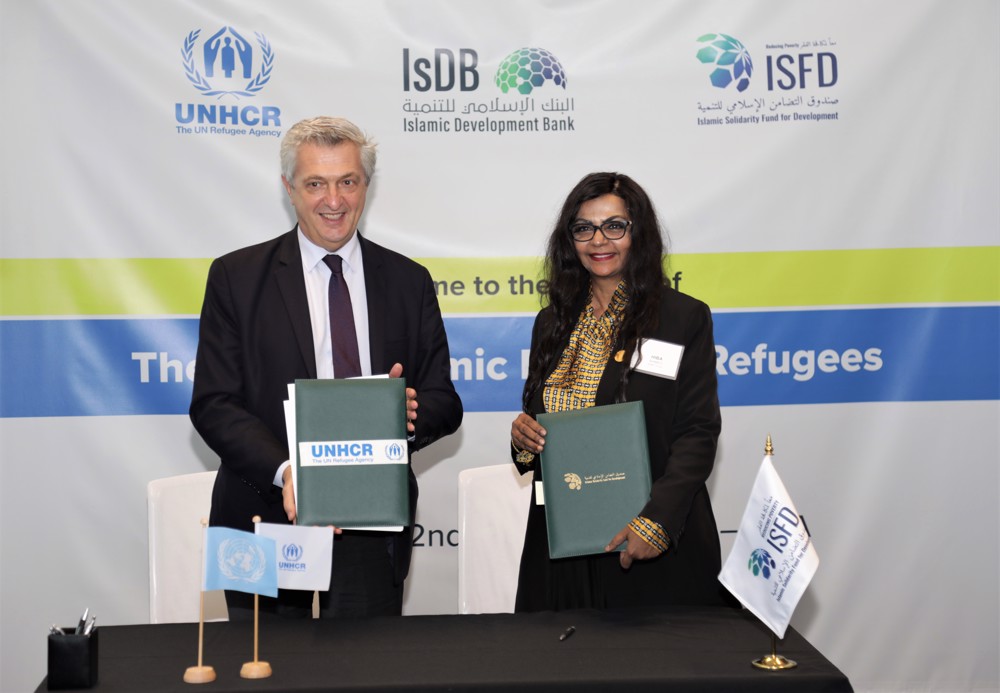
New Initiatives
In March 2023, UNHCR and the Islamic Solidarity Fund for Development, the humanitarian arm of the Islamic Development Bank and UNHCR, launched the Global Islamic Fund for Refugees (GIFR), on the margins of the United Nations General Assembly (UNGA) in New York. The GIFR is an innovative, sustainable, and Sharia-compliant funding tool, which aims to enhance the international community’s humanitarian response to the forced displacement and to new funding channels to assist millions in need.
The GIFR comprises a Waqf fund and a non-Waqf fund, both open for contributions, which will be invested according to Islamic finance principles. The proceeds of the investments will be deposited into a trust fund to finance UNHCR’s programmes in IsDB member states. UNHCR is contributing USD 50 million to the non-Waqf fund and ISFD USD 50 million to the Waqf fund, bringing the initial seed fund for this initiative to USD 100 million. Additional funds for a total amount of USD 11 million have also been pledged by public and private contributors.

Humanitarian Needs
In 2023, UNHCR’s global needs rose to $10.6 billion in order to assist 114 million refugees, IDPs and other persons of concern, out of which more than $2.7 billion are needed in countries where UNHCR distributes Zakat and Sadaqah, to help over 17 million refugees and IDPs with various interventions, including much needed cash assistance and essential goods.
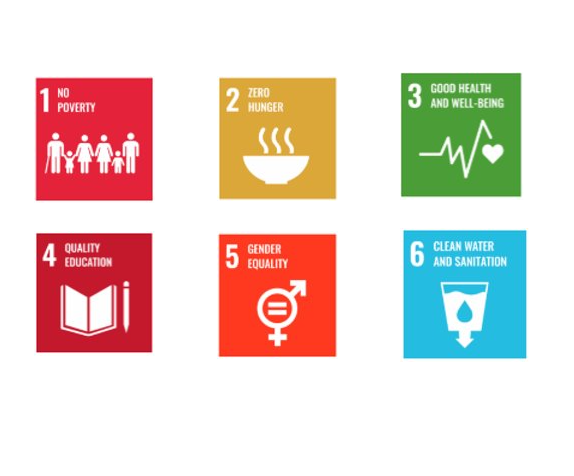
Sustainable Development Goals (SDGs)
Zakat and Sadaqah contributions continue to promote the achievement of multiple Sustainable Development Goals (SDGs), particularly No Poverty (SDG 1), Zero Hunger (SDG 2), Good Health and Well-being (SDG 3), Quality Education (SDG 4), and Clean Water and Sanitation (SDG 6).



